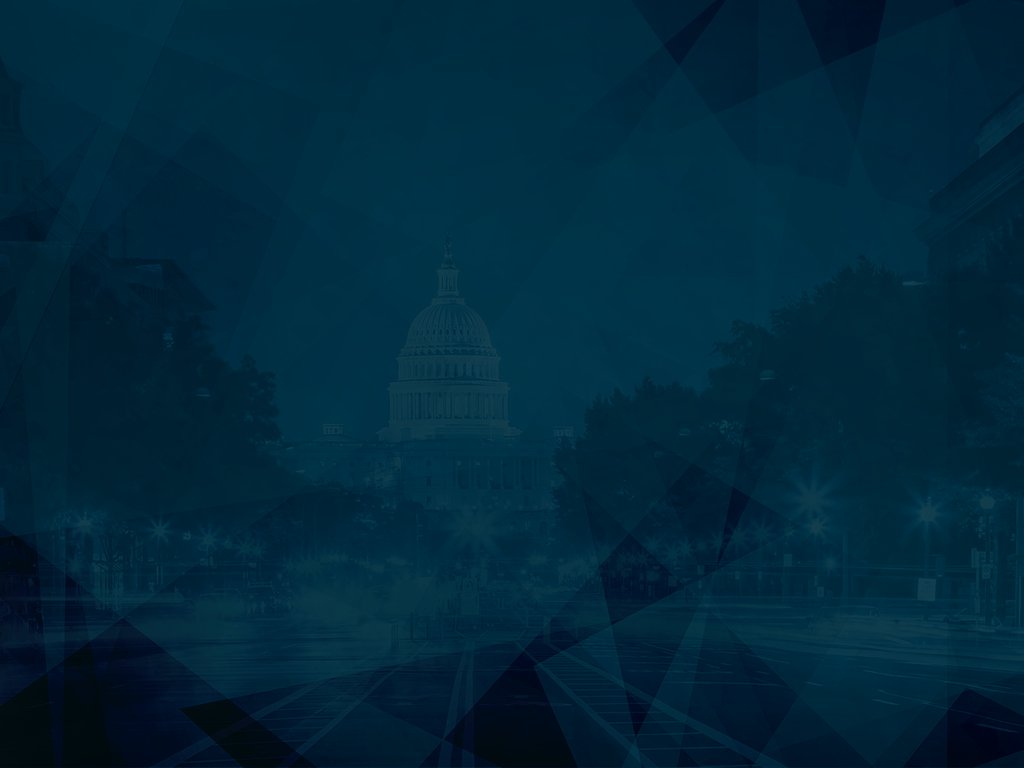
The Evolved Benefits Team is here to support you through the complexities in the world of Government Contract options.
SCA
The McNamara-O’Hara Service Contract Act requires contractors and subcontractors performing services on prime contracts in excess of $2,500 to pay service employees in various classes no less than the wage rates and fringe benefits found prevailing in the locality, or the rates (including prospective increases) contained in a predecessor contractor's collective bargaining agreement. The Department of Labor issues wage determinations on a contract-by-contract basis in response to specific requests from contracting agencies. These determinations are incorporated into the contract.
DBA
The Davis-Bacon and Related Acts, apply to contractors and subcontractors performing on federally funded or assisted contracts in excess of $2,000 for the construction, alteration, or repair (including painting and decorating) of public buildings or public works. Davis-Bacon Act and Related Act contractors and subcontractors must pay their laborers and mechanics employed under the contract no less than the locally prevailing wages and fringe benefits for corresponding work on similar projects in the area. The Davis-Bacon Act directs the Department of Labor to determine such locally prevailing wage rates. The Davis-Bacon Act applies to contractors and subcontractors performing work on federal or District of Columbia contracts. The Davis-Bacon Act prevailing wage provisions apply to the “Related Acts,” under which federal agencies assist construction projects through grants, loans, loan guarantees, and insurance.
Prevailing Wage
The 2016 Department of Labor Appropriations Act (Division H, Title I of Public Law 114-113) (2016 DOL Appropriations Act), which was enacted on December 18, 2015, contained several provisions requiring non-substantive modifications to (1) the Form ETA-9165, Employer-Provided Survey Attestations to Accompany H-2B Prevailing Wage Determination Request Based on a Non-OES Survey and (2) Appendix B of the Form ETA-9142B, H-2B Application for Temporary Employment Certification. In order to comply with the 2016 DOL Appropriations Act, the Office of Foreign Labor Certification (OFLC) submitted these non-substantive modifications to the Office of Management and Budget (OMB) for review and approval. The OMB has now approved the non-substantive modifications. Therefore, the OFLC Certifying Officers (COs) may issue H-2B prevailing wage determinations based on the submission of a private survey, and may now certify H-2B applications for temporary labor certification, so long as all applicable program requirements are met.
Living Wage Ordinance (HCSO)
Under the Health Care Security Ordinance (HCSO), all covered employers must meet the following obligations:
1. Satisfy the Employer Spending Requirement by making required health care expenditures on a quarterly basis on behalf of all covered employees (those who have been employed for more than 90 days and who regularly work at least 8 hours per week in San Francisco) at the following rates:
| Employer Size | Number of Workers | 2021 Expenditure Rate | 2022 Expenditure Rate |
|---|---|---|---|
| Large | All employers w/ 100+ workers | $3.18 per hour payable | $3.30 per hour payable |
| Medium | Businesses w/ 20-99 workers Nonprofits w/ 50-99 workers |
$2.12 per hour payable | $2.20 per hour payable |
| Small | Businesses w/ 0-19 workers Nonprofits w/ 0-49 workers |
Exempt | Exempt |
2022 Exemption Threshold: managerial, supervisory, and confidential employees who earn more than $109,643 annually (or $52.71 per hour) are exempt. More information and rates from prior years are available here.
2. Maintain records sufficient to establish compliance with the employer spending requirement.
3. Post the 2022 HCSO Poster in all workplaces with covered employees.
4. Submit an Annual Reporting Form to the OLSE by April 30th of each year.
